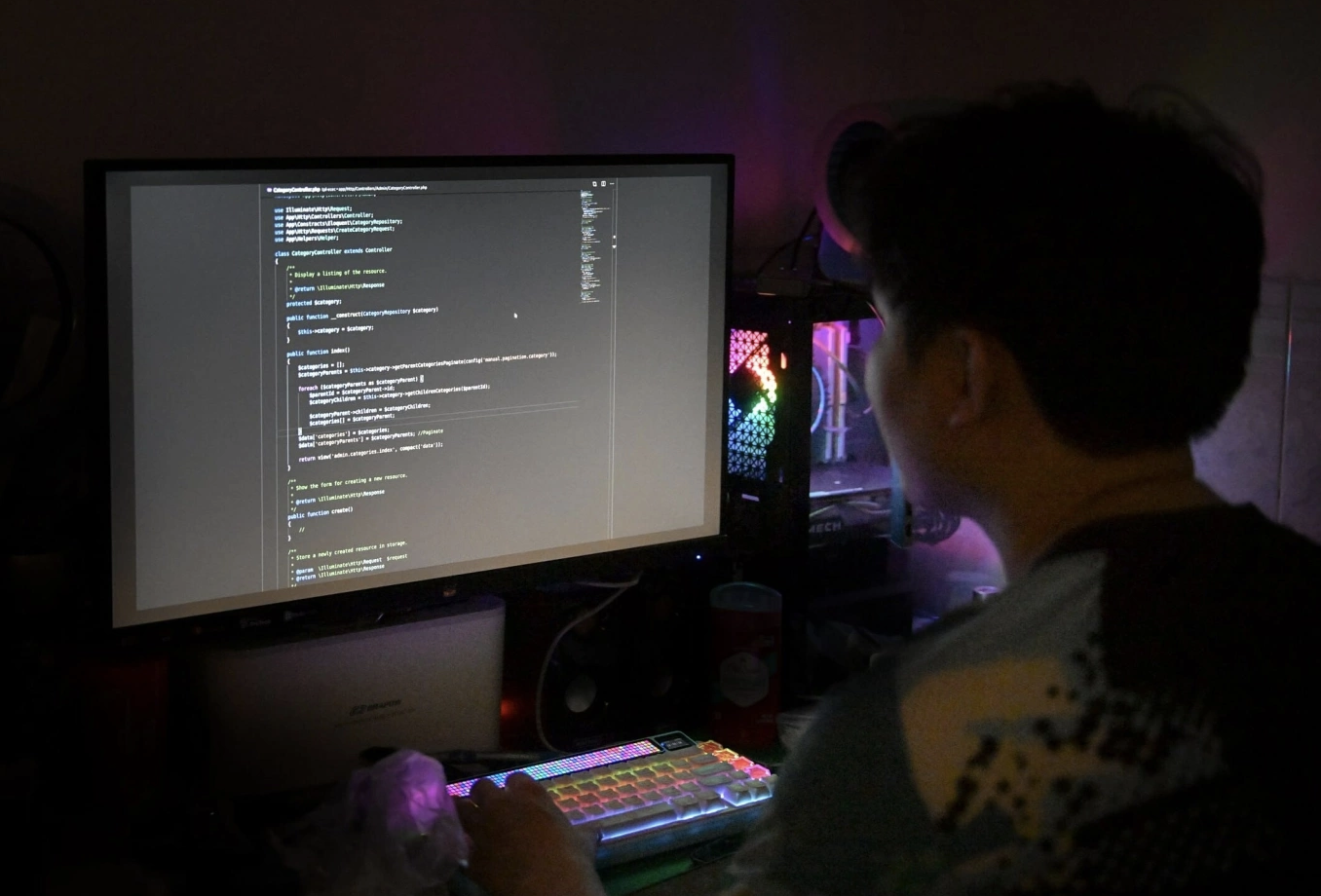Answer:
Many young people today have a habit of living against their natural body clock. This is silently damaging their kidney function. Kidneys are one of the body's most important organs for filtering blood, removing toxins, and regulating homeostasis.
Traditional medicine emphasizes the principle of "harmony between humans and nature." This means physiological activities are closely linked to the natural biological clock. According to this principle, the kidneys are most active between 5 PM and 7 PM (kidney time according to the Chinese hour system, corresponding to the excretory system and restoration of kidney energy).
From a modern physiological perspective, the kidneys continuously filter blood 24/7. However, the regeneration and repair of kidney cells increase significantly at night, especially between 11 PM and 3 AM the next day, when the body enters deep sleep stages.
Therefore, staying up late after 11 PM not only interrupts the kidney cell recovery process, but also disrupts hormones, blood pressure, and the body's natural rhythms. These factors indirectly damage the kidneys over the long term.
 |
Staying up late, sometimes all night, to complete work, study, or for entertainment, is a common behavior among young people. Photo: Hoang Minh |
Staying up late, sometimes all night, to complete work, study, or for entertainment, is a common behavior among young people. Photo: Hoang Minh
Studies have shown that people who regularly sleep after 11 PM and get less than 6 hours of sleep per night have a higher risk of developing kidney problems, such as proteinuria (protein leakage in urine), chronic kidney disease (CKD), and metabolic disorders of blood pressure and blood sugar – two leading risk factors for kidney failure.
Furthermore, a study published in the Clinical Journal of the American Society of Nephrology found that people who sleep less than 6 hours per day have a faster rate of decline in glomerular filtration rate compared to those who sleep 7 to 8 hours per day.
The kidneys are "silent" organs. By the time noticeable symptoms appear, the disease is often advanced. People need to be proactive in preventing disease, especially in an era where unhealthy lifestyles are becoming increasingly common.
Doctor Le Nhat Duy
University of Medicine and Pharmacy at Ho Chi Minh City - Campus 3












